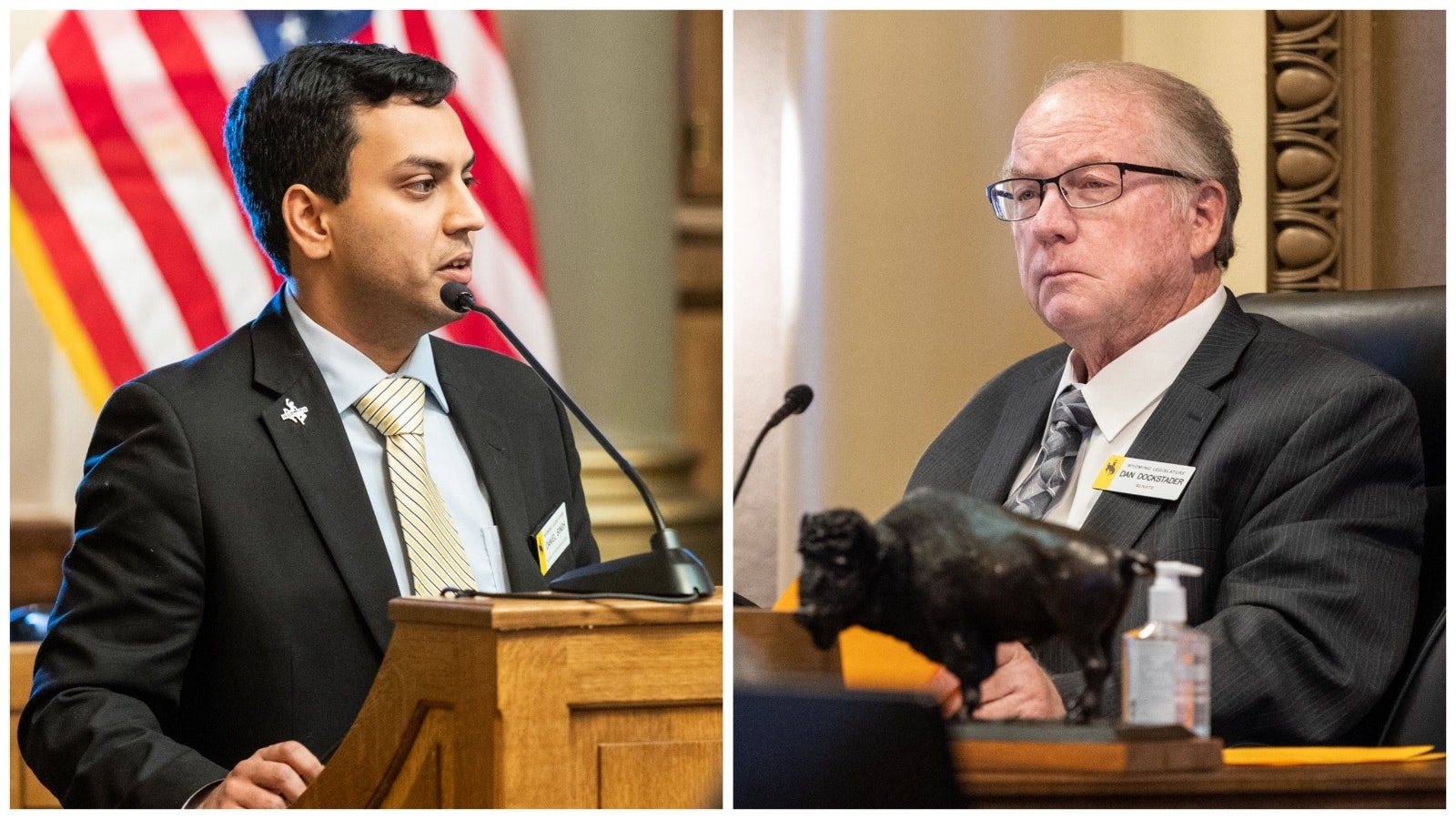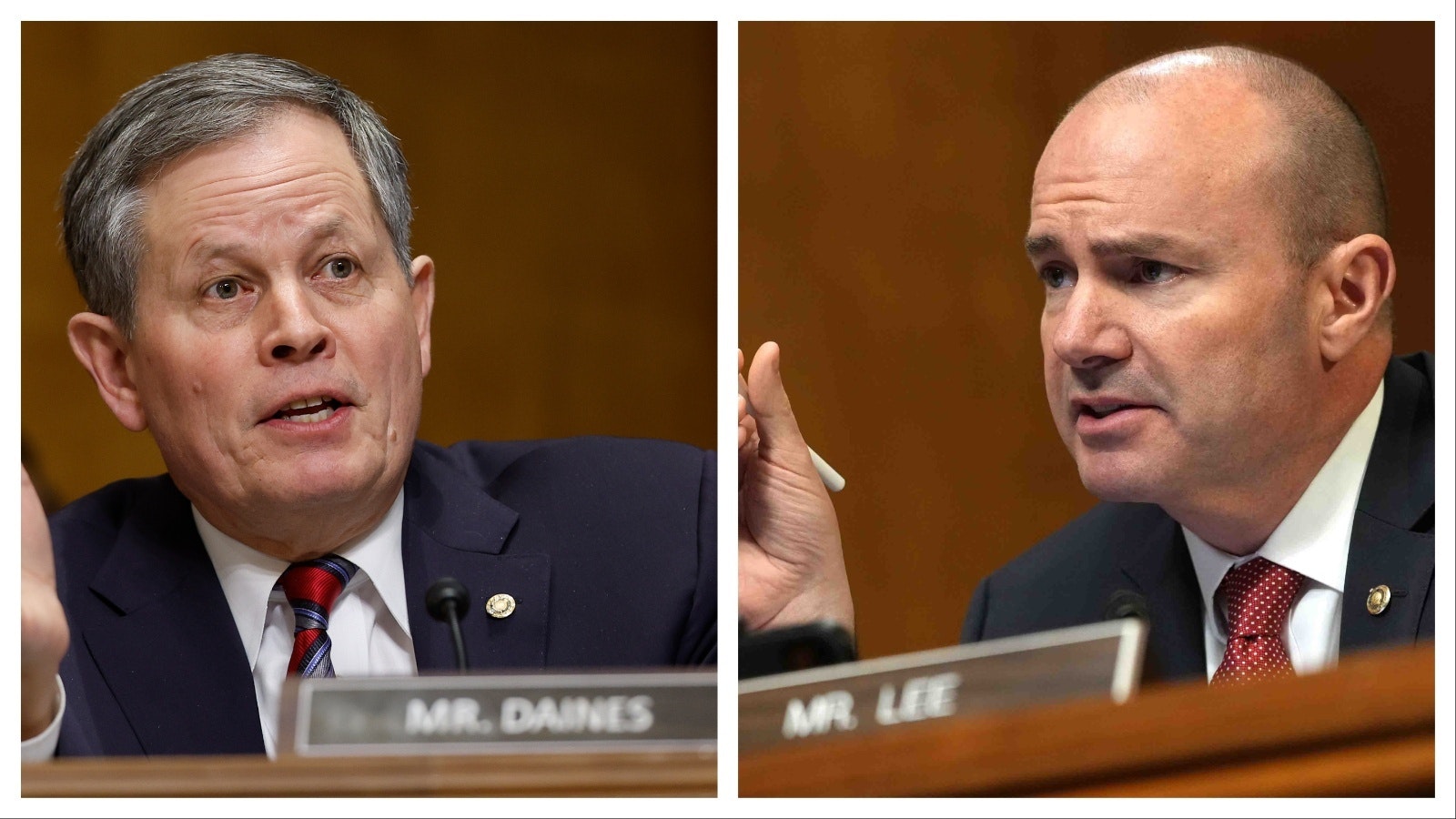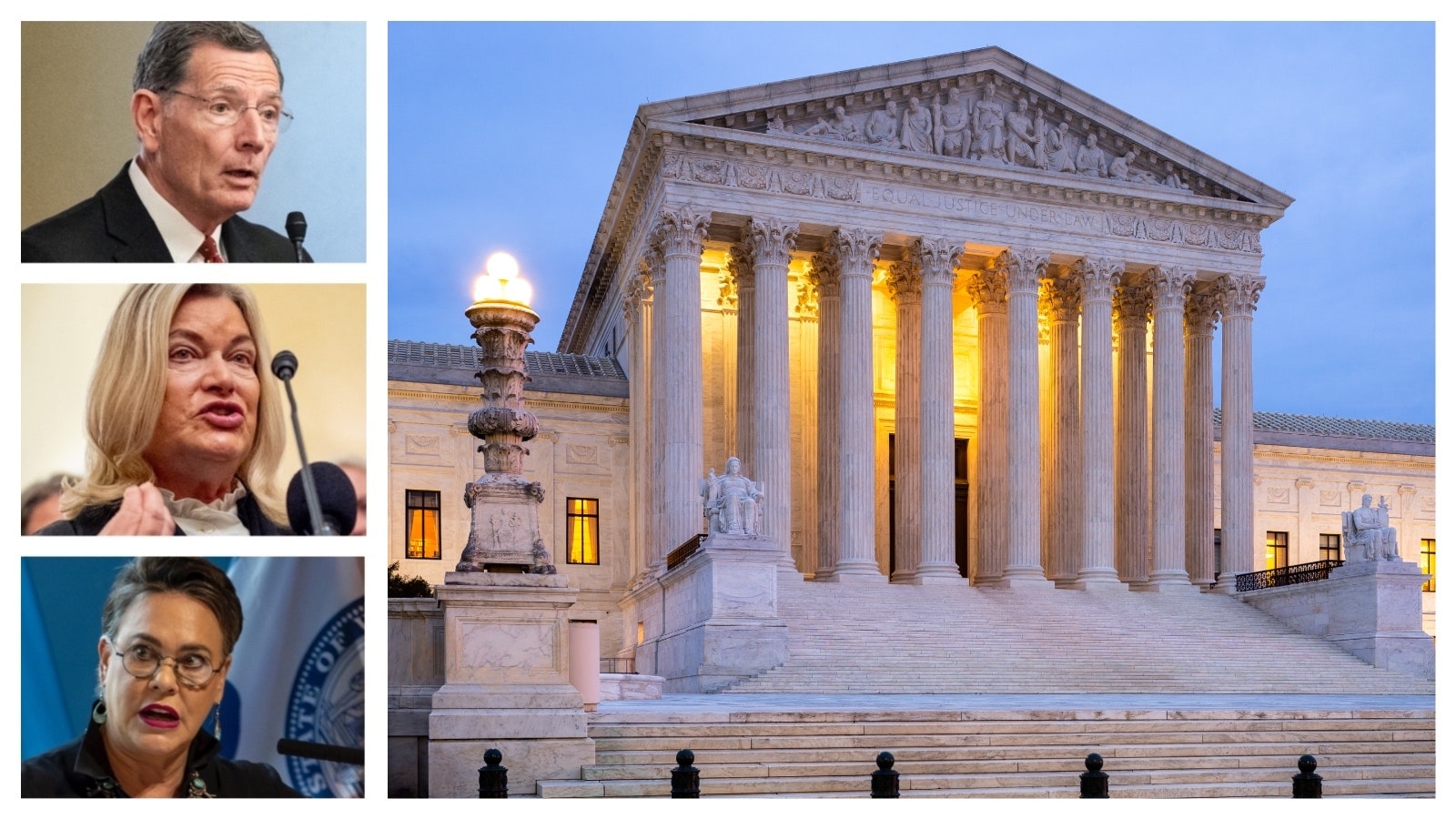An ongoing lawsuit between the Casper Star-Tribune newspaper and the town of Mills has sparked new legislation that, if passed, would radically change Wyoming’s laws regulating where and how local governments would be required to post their public notices.
For more than a century, Wyoming’s public records law has mandated that all legally required governmental public notices must be printed in a local newspaper of record. The drafted legislation would change that requirement by instead creating a centralized electronic notice system in Wyoming that would be maintained by the Secretary of State’s office.
Instead of or in addition to local print newspapers of record, public notices would all become part of a statewide online database.
Bill sponsor state Rep. Daniel Singh, R-Cheyenne, said the purpose of his bill is to get more people seeing public notices and to save money. It also recognizes how technology and the declining readership of print newspapers has altered the landscape and mission of printing public notices, which is to get the most people seeing them as easily as possible.
“Our statutes were written in an age where our media relied so heavily on printed newspapers specifically,” Singh said. “I don’t think that’s the most efficient place to publish our news nowadays.”
The Star-Tribune is suing the towns of Mills and Bar Nunn to force the municipalities to publish all their public notices in the Star-Tribune, their newspaper of record. Last fall, the towns passed separate local resolutions and ordinances that define the word “newspaper” on their terms, which includes digital publications.
What Does It Do?
Under the bill, local governments would have the option until 2030 of posting their public notices for free to the state database instead of paying to have them printed in a local newspaper. Starting in 2030, local governments would then be required to post notices in the state database whether or not they also print them in a local newspaper.
“It would not require that municipalities stop their service with the local newspaper if they wanted to continue to support a local industry,” Singh said.
Publishing to the database would be free, and so would be the public’s access to it. The Wyoming Press Association operates a similar database to the state proposal, but this still requires payment for a notice to be published.
“The name of the game is saving money, saving municipalities money,” Singh said.
Although most Wyoming newspapers let the public view notices for free on their websites, one must usually pay to buy a paper copy of a newspaper.
Won’t Be More Transparent
Afton resident and state Sen. Dan Dockstader, R-Afton, is publisher and owner of the Star Valley Independent. Dockstader strongly opposes changing public notice laws, saying that it will hurt — not improve — government transparency in Wyoming. He mentioned how government notices in his community are published not only in his newspaper, but also on its website and radio station at no extra charge.
“Right now, it’s not being hidden at all, (but) that’s what would happen with a state database,” Dockstader said. “We do it in a way so the public can see what local governments are doing. It’s as transparent as it gets.”
Dockstader said a state database would be a more obscure destination for people to learn about public notices, and said that his newspaper makes minimal revenue from publishing legal notices.
“Why would people go to that state database?” he questioned. “The average person will be much more likely to look at a newspaper’s website.”
Under the legislation, governments would be required to follow the same time deadlines in publishing to the database as currently exist for printing in newspapers.
Singh said Secretary of State Chuck Gray and the Wyoming Association of Municipalities assisted him with drafting the bill. The Wyoming County Commissioners Association was not aware of the drafted legislation and has no position on it.
Mills Mayor Leah Juarez Juarez said her municipality would prefer the choice to print their notices in a digital publication, but current law stipulates that they must be published in a print newspaper.
“It’s picking favorites in the media industry,” Singh said of the current law.
Eyeballs
The legislation would have no direct impact, positive or negative, on online-only news sources like Cowboy State Daily, as putting them in these types of publications would still not be considered a legal public notice.
Juarez said her town has struggled to get contractors to bid on projects in recent years, which she attributes to declining newspaper readership. She said there have been other instances where public notices weren’t published until it was too late.
“It’s affecting the ways our town is getting bids, it’s affecting the competitiveness of it,” she said. “It’s affecting the way residents are getting information.”
Juarez said the ongoing lawsuit is in a bit of a holding pattern until Singh’s legislation is considered.
“The judge is probably waiting to see if it passes into law or not,” she said.
Co-sponsoring the bill is Rep. Kevin O’Hearn, R-Mills, a Mills town employee.
The fact that Singh, a member of the Wyoming Freedom Caucus, and O’Hearn, a member of the Wyoming Caucus, came together on the bill proves its legitimacy, Singh said.
“This is an example of good people working on a good idea to get something done for the people of Wyoming,” Singh said. “I’m happy to work with anybody to get a good idea passed.”
Leo Wolfson can be reached at leo@cowboystatedaily.com.





